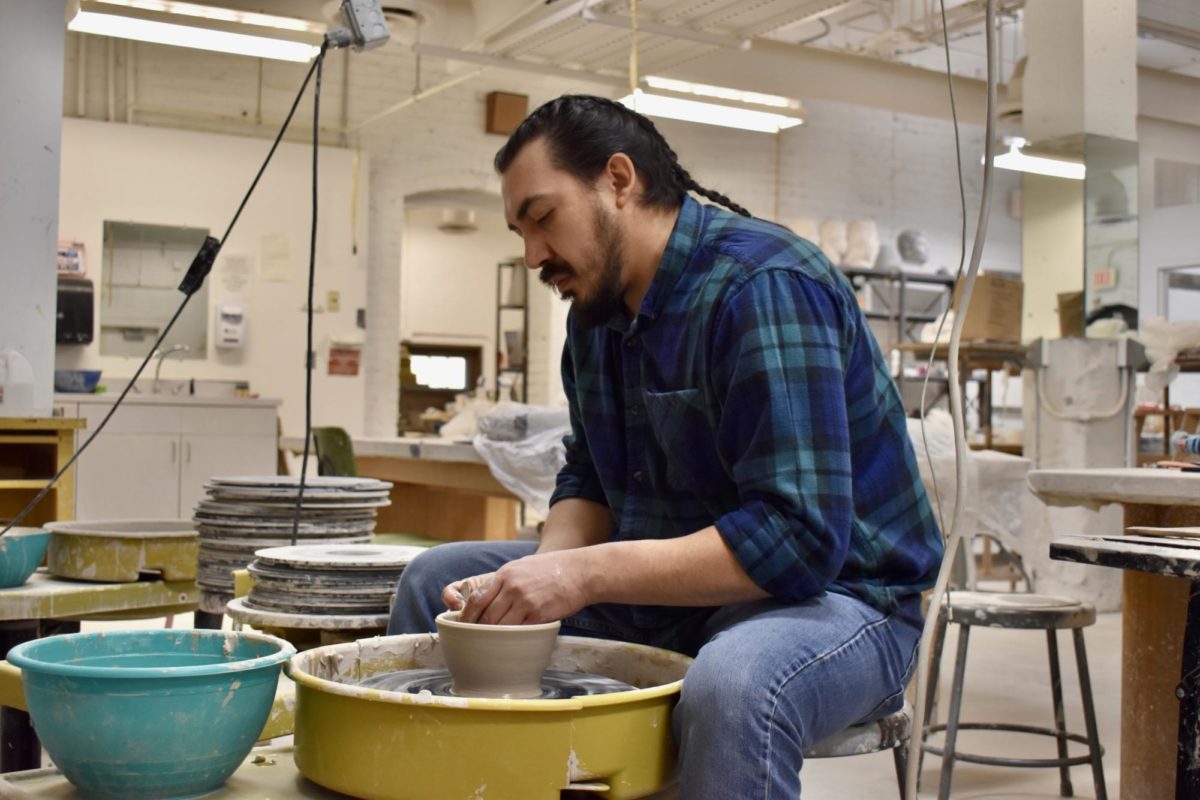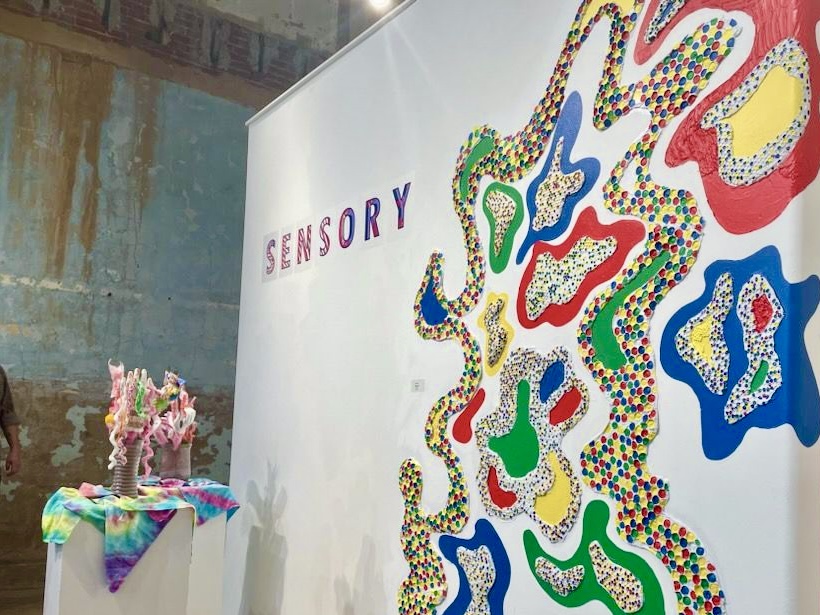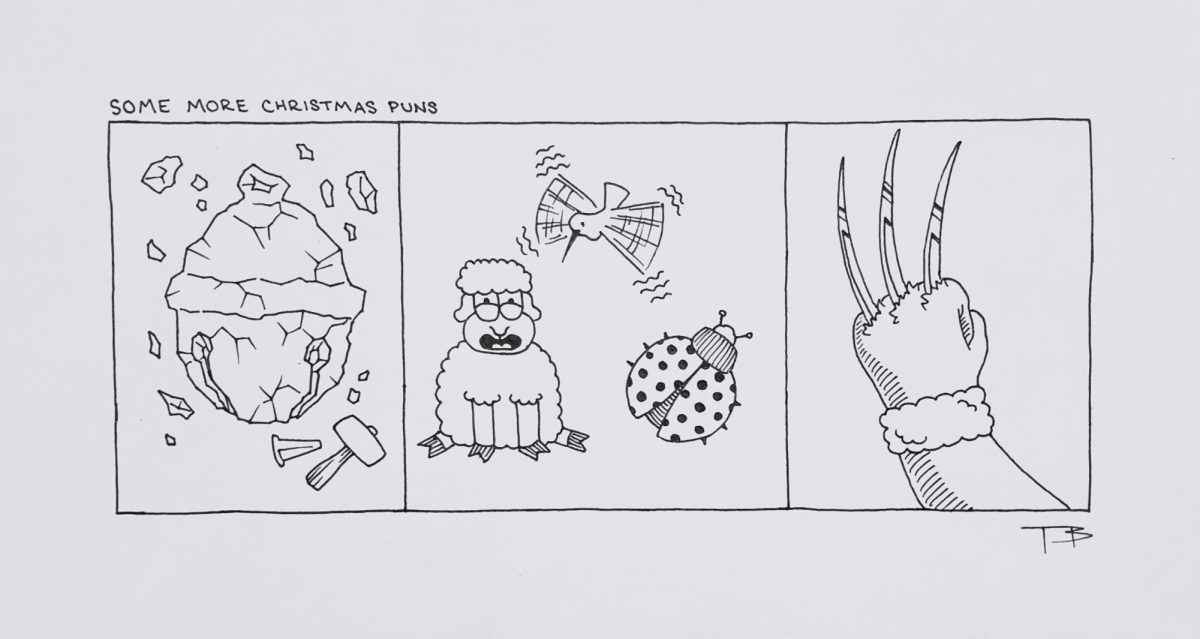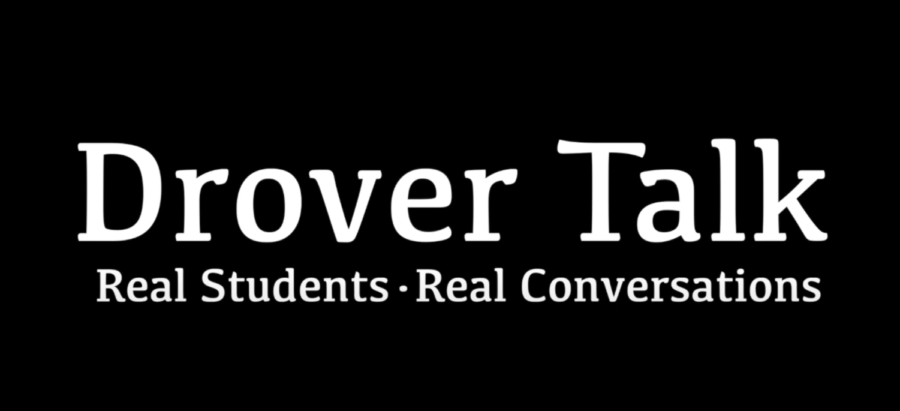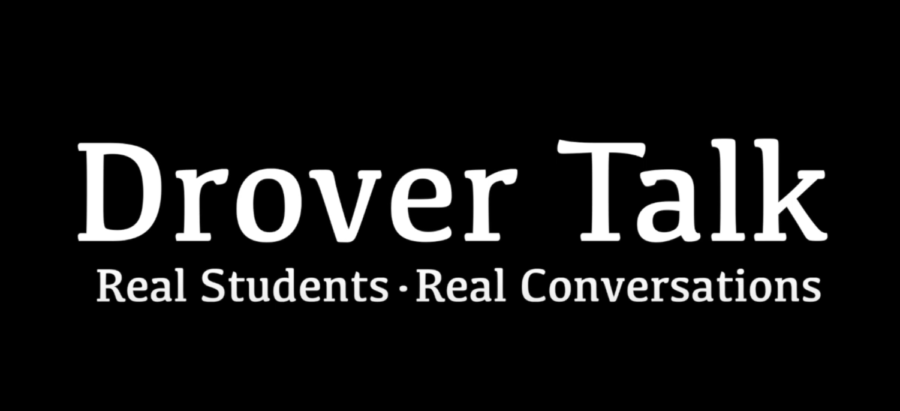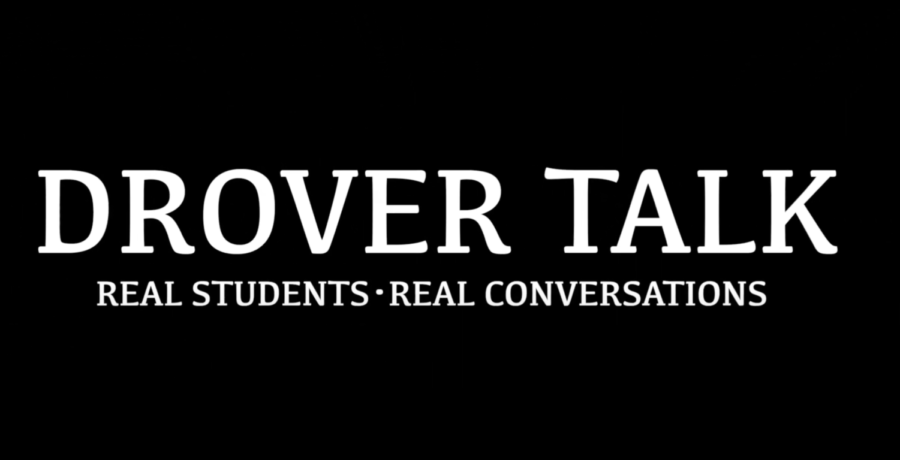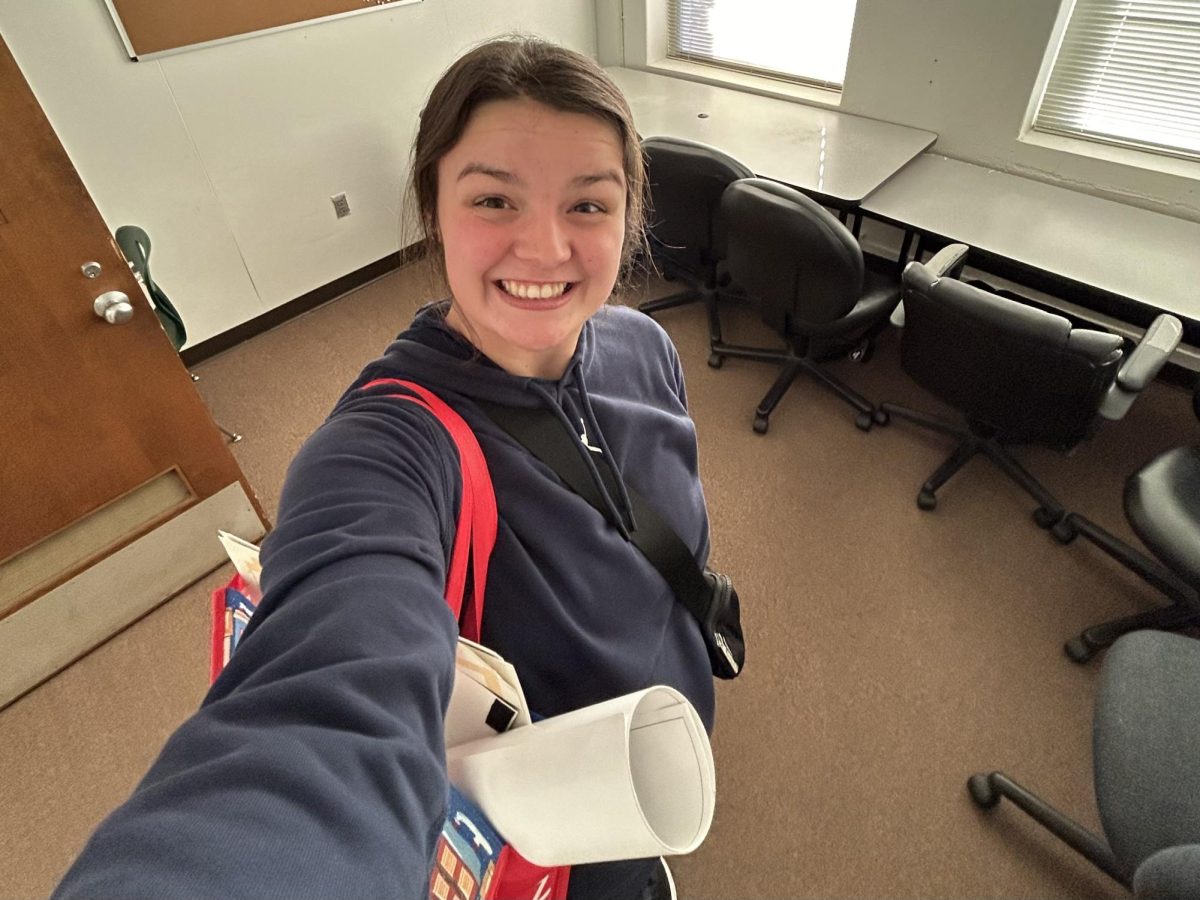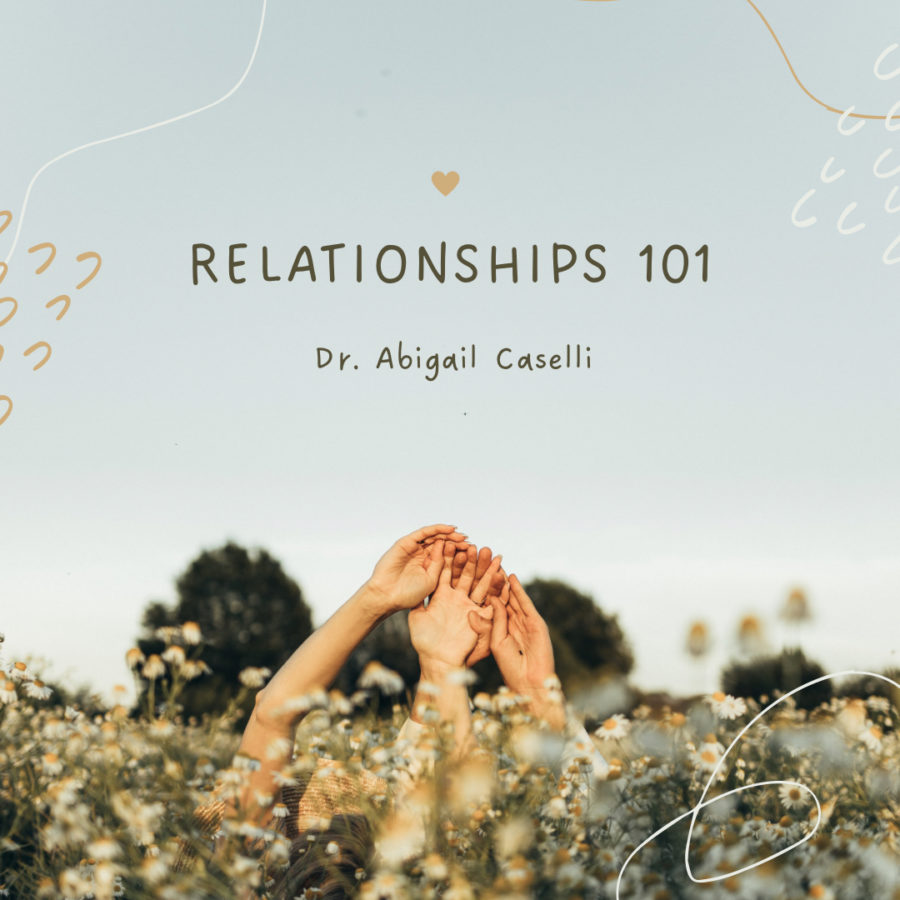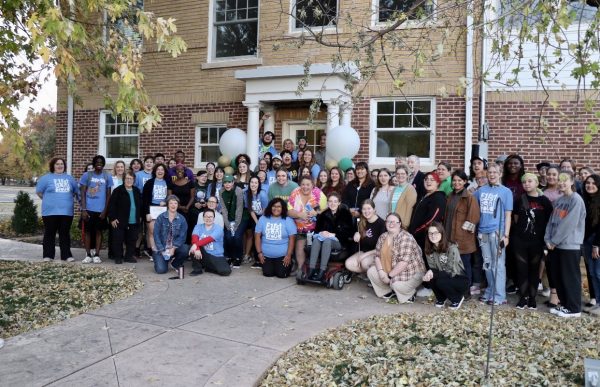Relationships 101: They’re Messy, but I Can Fix That
Dr. Caselli discusses how trying to change one trait or habit your partner has might not lead to the outcome you wanted and why.
March 22, 2023
They’re messy, but I can fix that: Should I try to change my romantic partner for the better?
You have an amazing romantic partner – they’re an excellent communicator, you always have a blast when you’re together, and you feel loved and appreciated by them. But there are just a few things that you wish were different. Maybe they’re a bit messy, or they lack motivation at times, and you can’t help but wonder if you could “fix” them. You might even think about sending them Tik-Toks on how to be more organized or turning cleaning their dorm into a fun activity by playing music and ordering their favorite takeout. But is it really a good idea to try and change your partner to match your ideal image of the perfect partner?
Relationship researchers often get asked these questions often. In this example, the question of whether or not it’s a good idea to try and change your partner in order to match your ideal image for a perfect partner is a well-studied topic. It may seem harmless to try and change, rather improve, your partner. However, these subtle ways of trying to change your partner can actually hinder your partner’s well-being and your overall relationship quality.
Being Critical or Kind to Create Change
Relationship scientists often study this and the broader question of whether we should change our partner. Let’s take your near-perfect partner, who might be messy. Perhaps you nag them slightly to clean up their dorm. This critical approach might not be suitable for your partner or the relationship, as this approach is usually met with partners reporting lower relationship quality. According to Jayamaha and colleagues (2016), partners are likely to take this approach when they feel insecure about themselves and their relationship.
On the other hand, trying to use kindness to encourage your partner to clean up might seem like a better approach, but it can actually backfire too. If you’re constantly showering your partner with kindness and rewards for doing something as simple as cleaning their room, they might start to feel like your love is conditional. Thus, both approaches to facilitating your partner’s change are not beneficial for you, them, or the relationship.
Change Might Not Be the Best for Them or for Us
Adding more evidence to why we should refrain from forcing change, research by Human and colleagues (2013) show we should hold off on trying to change our partner. These researchers followed adults for over ten years to examine if there were any changes to their personality or well-being. They found that among people who reported changes to their personality, it was associated with worse well-being and lower satisfaction with life, and they also reported worse overall health. Even though our goal was to help our partner, that change might impact them less positively than we intended.
Get ready for a mind-blowing relationship revelation! It turns out that having a partner who doesn’t want to change can actually be a good thing for your relationship. Psychologists call this self-concept clarity. Basically, when people have a strong sense of who they are, they tend to be more satisfied and committed in their relationships. So, if your partner is happy with who they are and they’re not interested in changing, it might actually be a good thing for your relationship in the long run. Sure, it might not be exactly what you had in mind for the “perfect” partner, but sometimes, accepting and embracing your partner’s true self can lead to a happier, more fulfilling relationship.
Further Reading
If you want further reading on this topic, check out the book Strong than You Think by Dr. Gary W. Lewandowski Jr. He does a fantastic job breaking down relationship myths and providing an overview of what science says.
Author Note: It is important to note that I do not possess a clinical or marriage and family therapist license, and as such, I cannot provide you with professional advice. However, I can offer insight into research regarding this topic.
Dr. Abigail Caselli is an Assistant Professor of Psychology at the University of Science and Arts of Oklahoma.










